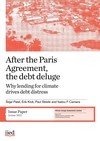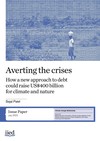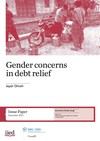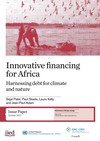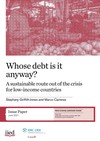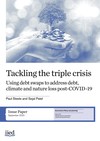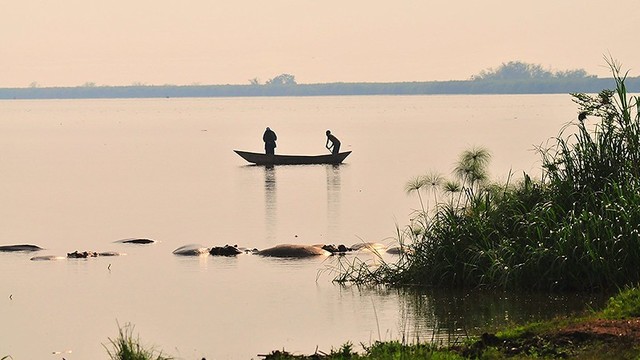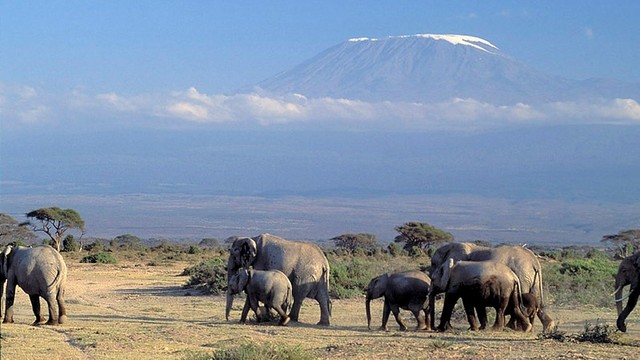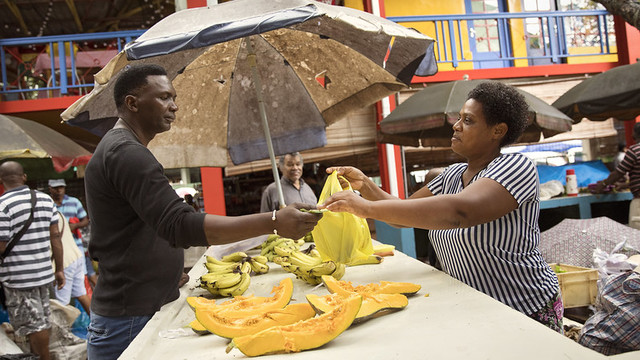Tackling the debt, climate and nature crises together
In the wake of the COVID-19 pandemic, urgent debt relief is needed. This is an opportunity to change how debt relief is addressed and delivered. Over the next two years, IIED will be working to have creditors and receiving countries take up climate and nature programme swaps – a system that makes it possible to tackle the debt, climate change and nature emergencies together, in order to reduce poverty and ensure an inclusive and sustainable post-COVID recovery.
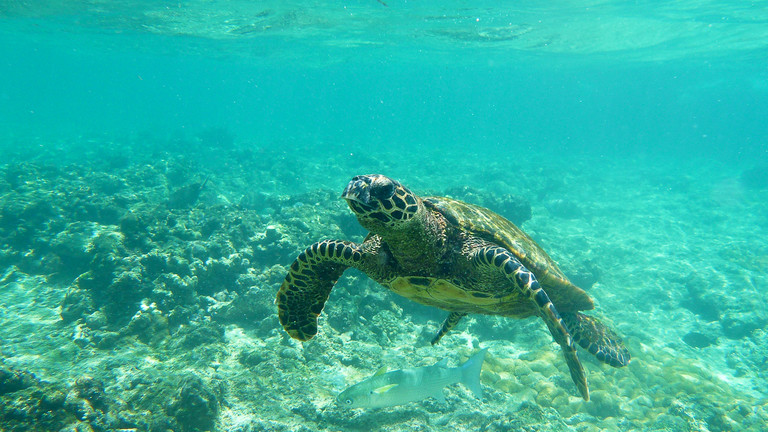
In 2018, the Seychelles swapped millions of dollars in sovereign debt for action to protect nearly a third of its marine areas (Photo: Stéphane Enten via Flickr, CC BY-ND 2.0)
Debt has long been a major concern for many developing countries. Repayments mean that vast amounts of money are diverted from action on the climate emergency and biodiversity loss as well as education, health and infrastructure. With the economic impact that will follow the pandemic, the urgency and pressures of debt on developing countries is even greater as millions more women, children and men are being pushed into poverty.
The use of climate and nature programme swaps would benefit lender as well as debtor countries.
Project objectives
- Produce analysis on how debt relief can be addressed through climate and nature programme swaps.
- To facilitate a coalition of creditors and debtors to take forward debt relief for climate and nature programme swaps: this requires an engagement strategy to be developed and implemented.
- To support the rollout in selected countries of debt for climate and nature programme swaps: this involves country analysis of the key aspects of a country-level debt for climate and nature programme swap.
IIED’s role
- IIED is liaising with possible coalition members among creditors and debtors, including the IMF, UK and Swedish governments.
- IIED is advocating with the G7 and G20 for its members to support debt relief for debt for climate and nature programme swaps.
- IIED is working with UNDP to engage with possible countries particularly small island developing states (SIDS).
In November 2021, IIED hosted a high-level event at the Resilience Hub as part of the UN climate change conference (COP26) that enabled dialogue between debtor governments and creditors to reach political commitments for more large scale, programmatic debt swaps for climate and nature. Watch key excerpts from the event in the video below or on IIED's YouTube channel.
Also at COP26, an event was held at the 2021 Development & Climate Days that focused on emerging approaches to address the debt, climate and nature triple crisis, why they are needed and what lessons are being learned, alongside the roles of different actors in these approaches. Watch an edited recording below or on IIED's YouTube channel.
News and updates
Publications
Additional resources
News: Guide for linking sovereign debt to climate and nature action supports decision-makers to restructure debt in response to COVID-19 and the Ukraine war (April 2022)
Video: Debt swaps for climate and nature: a strategic approach to urgent global goals, Resilience Hub high-level event (November 2021)
News: Thirty per cent increase in debts leaves African countries unable to fight climate change and nature loss (February 2022)
Linking sovereign debt to climate and nature outcomes. A guide for debt managers and environmental decision makers, IIED, Potomac Group LLC, UNECA, UNESCWA, UNDP (2021), Toolkit | Arabic | Chinese
Blog: New guide for linking sovereign debt to climate and nature action, by Jean-Paul Adam (November 2021)
Financing an inclusive, green recovery in Least Developed Countries: debt instruments for climate and nature, Paul Steele, Sejal Patel, Laura Kelly, Jill Dauchy, Jean-Paul Adam, Aniket Ghai, Dev Useree (2021), IIED Briefing
Video interview: G20 needs to upscale debt for lower income countries, expert says, CNBC interview with IIED's Paul Steele (July 2021)
Video presentation: Tackling the triple crisis of debt, climate change and nature loss (February 2021)
Donors
Swedish International Development Cooperation Agency (Sida)
International Development Research Centre (IDRC)
IIED is seeking additional funds from the UK government and the Canadian government.




